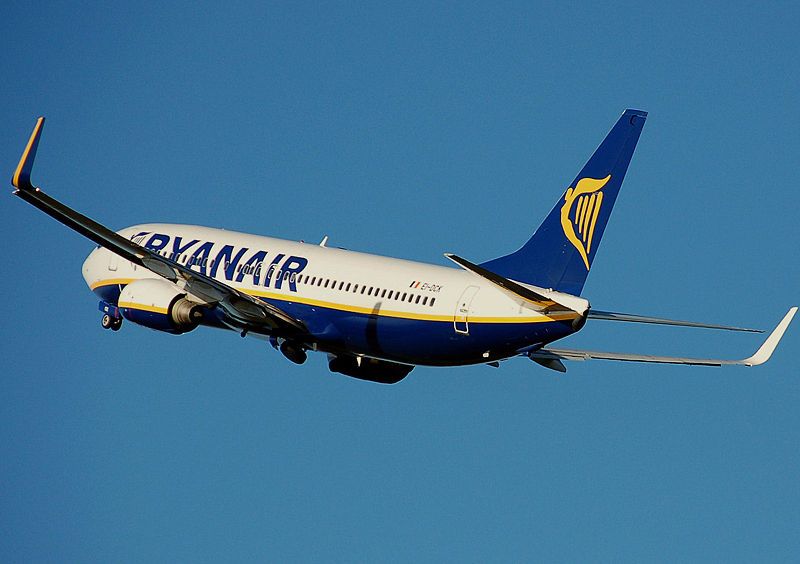If you’ve bought tickets to fly with Ryanair this summer, you may find yourself in a bit of a pickle. Notoriously unpopular with trade unions, the low-cost Irish air carrier looks set to face conflict and strikes this summer – and right at the peak of the holiday period.
This Wednesday, Ryanair will meet with the Confederation of Trade Unions to discuss a conflict that may result in a number of Ryanair flights from Copenhagen being paralysed at the beginning of the holiday season.
If the unions get their way, they will be given a green light to start a strike at Copenhagen Airport on Friday June 26 – the first day of the school holidays – resulting in a total halt of all Ryanair flights.
The verdict is to be decided by Judge Poul Dahl Jensen on Monday June 15.
Unions have their fingers crossed
Peter Nisbeth, a lawyer responsible for the trade union movement, notes that the case with Ryanair can go in many different directions.
“Obviously, we hope to come to an agreement with Ryanair. If we cannot reach a resolution, we hope to start a conflict against the airline soon after the court’s judgments,” said Nisbeth to Avisen.dk
Difficult task for Ryanair
It is, of course, no surprise that a strike against Ryanair will be a difficult task to manoeuvre for the low-cost Irish carrier.
Almost all the baggage handlers at Kastrup are members of a trade union, meaning that no baggage porters will be working for Ryanair on this date. Furthermore, Ryanair has no known agreements with other airline carriers, meaning that all passengers due to travel with the low-cost carrier during the conflict will simply be unable to fly.
When asked to comment on the matter, Ryanair responded to Avisen.dk: “We will not comment on or participate in the dissemination of rumours and speculation.”















